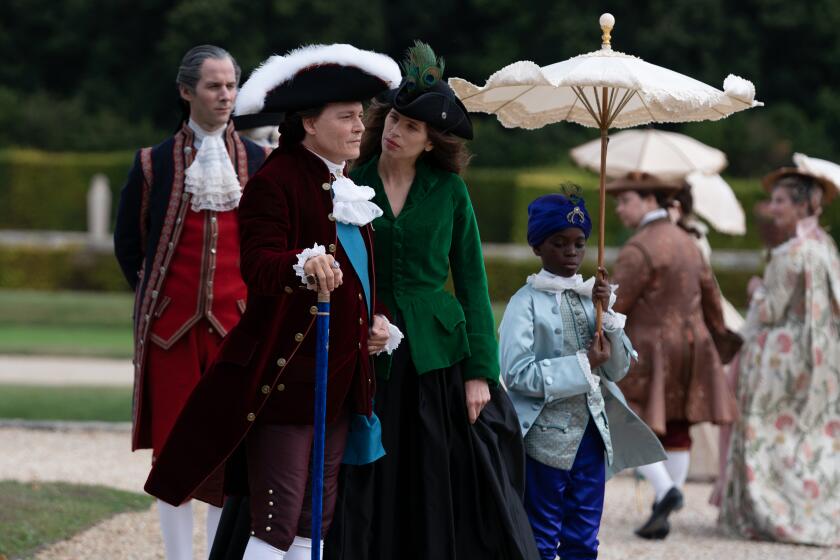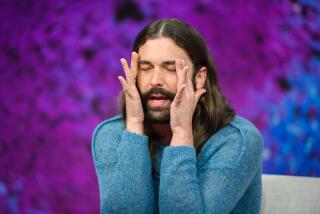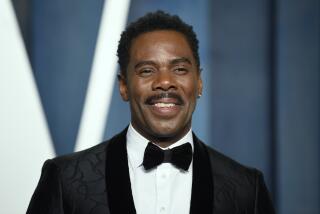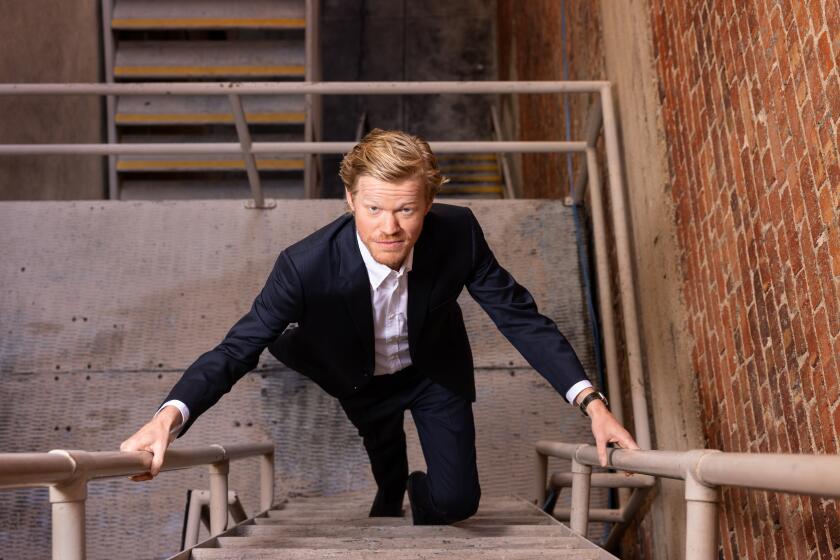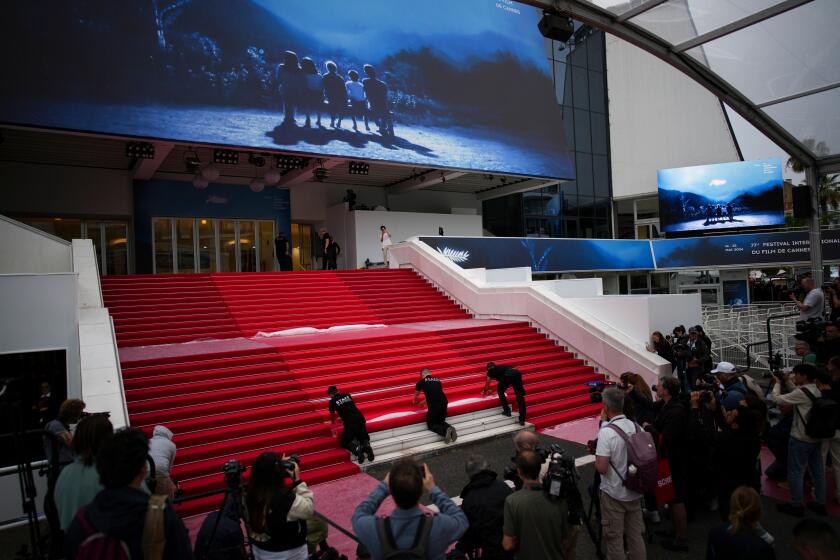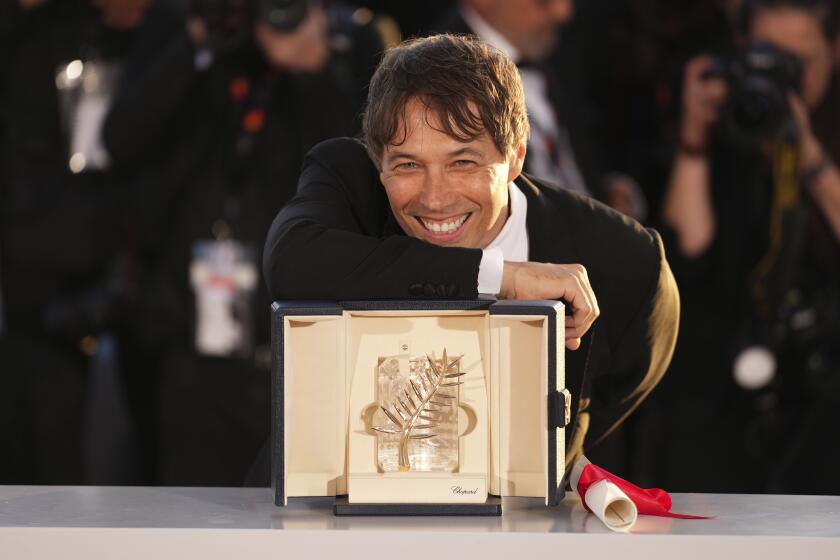Co-creator says ‘torture porn’ scandal will help make ‘The Idol’ the show of the summer
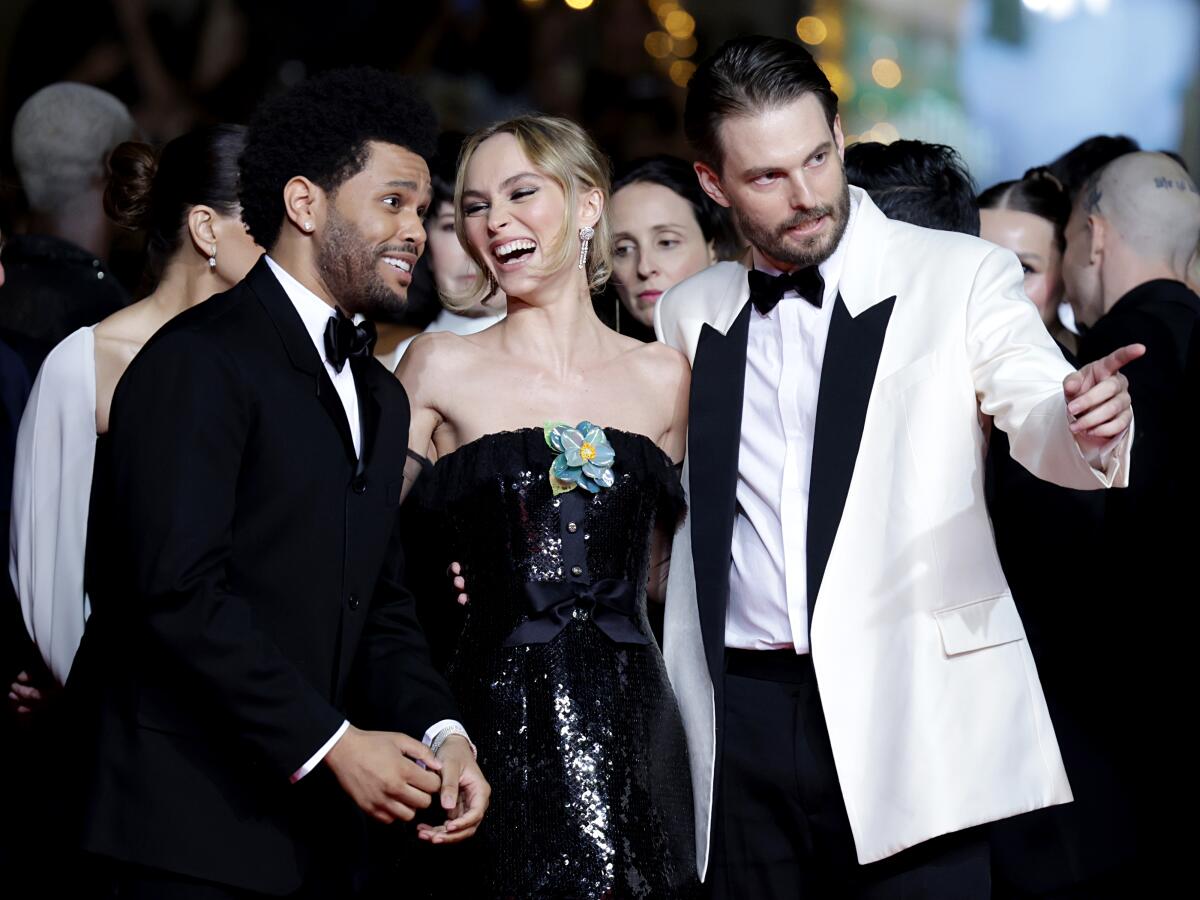
CANNES, France — The cast and creators of HBO’s upcoming series “The Idol” used its Cannes Film Festival premiere to push back against rumors of a chaotic set and a Rolling Stone article that characterized the narrative as “torture porn” and a “rape fantasy” rooted in toxic masculinity.
“When my wife read me the article,” said Sam Levinson, the show’s co-creator and director, “I looked at her and said, ‘I think we’re about to have the biggest show of the summer.’”
“We know we’re making a show that’s provocative,” he told journalists the day after the series premiered in Cannes’ Grand Lumiere Theater on Monday night. “What was in [the article] felt completely foreign to me, but I know who I am. There’s two jobs in this business, there’s the work and there’s the managing of the persona, and managing the persona is not interesting to me because it takes away time and energy from the work.”
Jane Adams and Hank Azaria each said working on “The Idol” was one of the most creative experiences they’ve had. “I’ve been on chaotic sets before,” Azaria said, “and this was the opposite of that.”
“Sam is a brilliant filmmaker,” Adams added. “I’m getting very upset in this society. Can we just create? Can we get messy and be free to think?”
Lily-Rose Depp, who stars as Jocelyn, a troubled pop star struggling to find herself in a world where everyone seems to want to control her, said, “It’s always sad to see mean, false things said about someone you care about and it wasn’t my experience making the show.”
A naked attempt to lower the median age of the Cannes Film Festival, ‘The Idol’ is not as shocking as it thinks it is.
Coupled with the often racy images from Levinson’s high-school drama “Euphoria,” Jocelyn’s frequent nudity, and the graphic and quasi-abusive sex that occurs as she falls under the spell of the villainous Tedros, played by Abel “The Weeknd” Tesfaye, led to early concerns about, and criticism of, Levinson’s sexualized depiction of young people, particularly women.
“We live in a very sexualized world,” he said. “The influence of pornography is really strong in terms of the psyche of young people in the States. We see this in pop music and how it reflects the underbelly of the internet. With this show, and working with Lily, we had a lot of discussions about who Jocelyn is as a person, how she’s angling, who she’s playing to, and the sexuality comes out of that character.”
“She is a born-and-bred performer,” Depp said, “and that extends to every part of her life. The occasional bareness of the character reflects [her] bareness emotionally. That’s why it was so important to me. I was part of that conversation.”
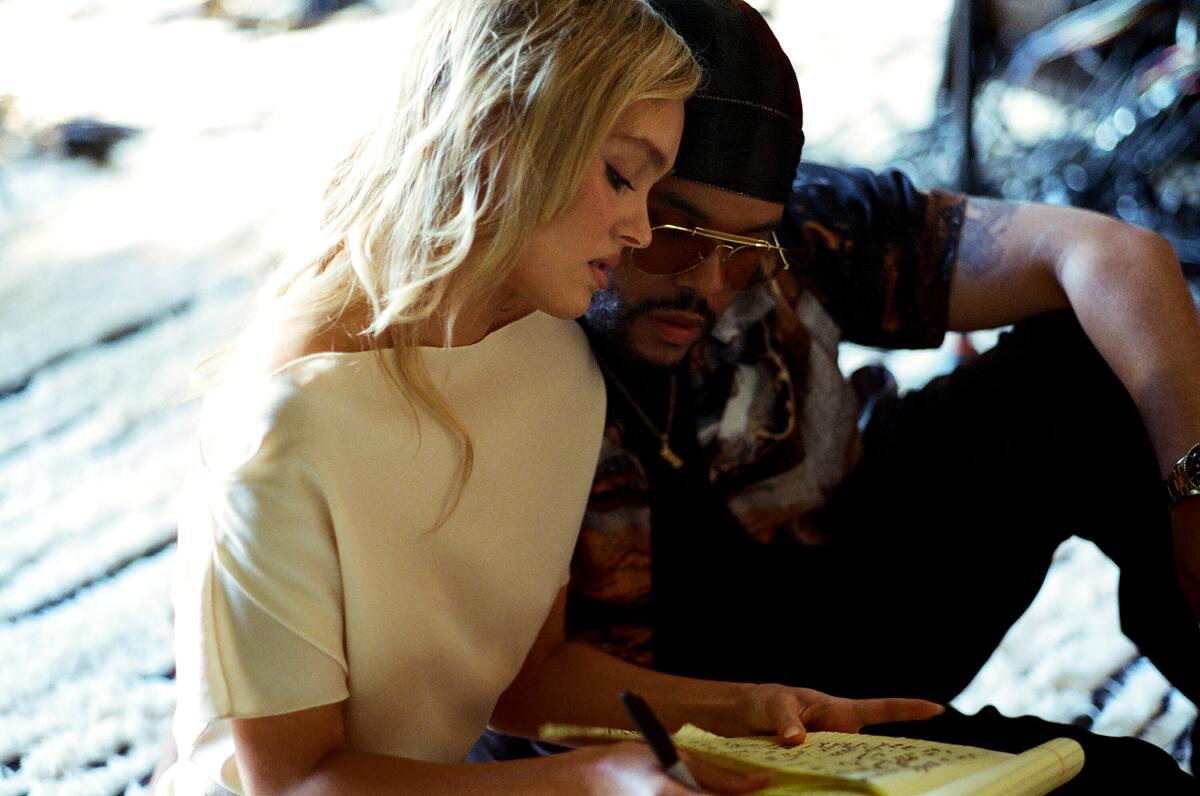
Levinson, who called coming to Cannes “the biggest dream come true,” said the show came out of his admiration for Tesfaye, whom Levinson first saw as a “scared kid” performing at the Hollywood Bowl in 2012. Last year, he accompanied the Weeknd to Coachella, where the artist was a last-minute replacement for Kanye West.
“[Tesfaye] said, ‘This isn’t my audience; they’re not here to see me, but I’m going to win them over,’” Levinson recounted.
That, he said, is what “The Idol” is about: “ambition and drive to be a better artist.”
In choosing ‘Jeanne du Barry,’ which stars Depp as King Louis XV, as its opening film, the Cannes Film Festival courted controversy by claiming to ignore it.
Though Jocelyn is the center of the tale, the impetus for the show came from Tesfaye. “I initially wanted to make a dark, twisted fairy tale about the music industry,” he said, “using everything I know.“ He approached Levinson, he said, “knowing how involved Sam is with the music in ‘Euphoria.’ We wanted to focus on: Can we create our own pop star, using my experiences, using his experiences, using Lily’s experiences?” Their hope, he added, is to “make people laugh, piss some people off.”
The Tedros character grew from being “an obstacle Jocelyn faced,” he said, into a full-blown villain. “I think of Dracula; he’s just drawing her in.”
Some of the characters, including Jocelyn’s support team — played by Adams, Azaria and a terrific Da’Vine Joy Randolph — are drawn from Tesfaye’s life. But when asked if he ever met anyone like Tedros, Tesfaye laughs. “I don’t f— think so.”
“You probably wouldn’t be here if you had,” Levinson added.
Likewise, Depp, Levinison and Tesfaye downplayed any perceived similarities to Britney Spears. “We’re not trying to tell a story about any particular pop star, “ Levinson said, “but how the world perceives pop stars and the pressure that puts on an individual.”
People look at pop stars and other celebrities and think they know who they are, Depp said. She was interested in exploring what it looks like when Jocelyn is alone. “What is the effect of that kind of lifestyle, of being surrounded even when you’re in private spaces, what is underneath the surface that we grow so attached to?”
“I think fame really corrupts,” Levinson added, “ and it’s easy to surround yourself with mythmakers who prop you up, and there’s something that can become very scary about that.”
More to Read
The complete guide to home viewing
Get Screen Gab for everything about the TV shows and streaming movies everyone’s talking about.
You may occasionally receive promotional content from the Los Angeles Times.

